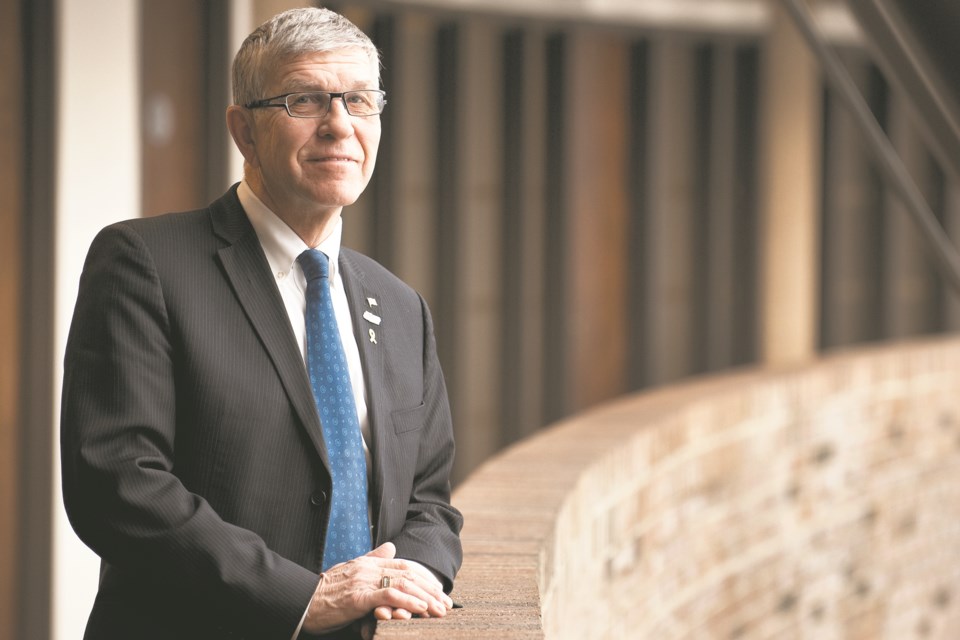Across Canada and the United States, individuals seeking to become elected, and many who are already elected, attempt to attract votes from those who are “undecided” or “in the centre” of the political spectrum. That spectrum is often referred to as left and right.
Former U.S. president Bill Clinton mused at one time that without a far right and a far left, there would be no middle, and he worked hard to appease his left base but focused equally on the middle, where he knew an election could be won or lost. Past president Donald Trump spent less time attracting the middle and focused mostly on appeasing his right base.
Many Albertans often describe themselves as “in the middle” of the provincial political spectrum, some leaning slightly to the right or leaning slightly to the left.
Federally it appears that appealing to the middle will be key for the next federal Conservative leader and the same is likely true for the next United Conservative Party (UCP) leader in Alberta. In both leadership races, party members who are far right will likely gravitate to voting for the candidate who is the furthest right. But the middle ground seems available for the taking for both the federal and provincial leadership candidates.
While there has been “a left and a right” in Canadian and American politics for generations, it appears to have become more distinctly defined in recent years. The middle, however, is where the candidates who are seeking a federal or provincial nomination could look further.
Perhaps it is concerning that picking a far left or far right candidate may now be an expectation, which seems akin to the U.S., where people clearly state openly whether they are a Republican or Democrat. In Canada, many of the federal Conservative party candidates appear to be primarily far right. With the federal NDP and Liberal parties forming a soft coalition, it appears the left parties have now deepened their left ideology, thereby drawing a contrast to the further right of the CPC.
Voters are facing increasing pressure to choose. The days of a moderate democracy appear to be numbered, and with that, those who consider themselves in the “middle” are no doubt concerned about finding a home.
One is reminded of a saying something like “Canada’s highways are littered by many confused squirrels in the middle of the road, undecided by which lane to run to.” Similarly, there appears to be no lane to run to for the political middle, resulting in a growing difficulty for many Canadians and Albertans.
Like the confused squirrel, the lane to run to for many Albertans and many Canadians appears uncertain and as such, instead of getting run over, there are other consequences. With the lack of a home for the centrist voter, they may not go to the polls at all. The casualty is likely voter apathy, lower voter turnout, and a weakening democratic tendency.
Nolan Crouse is a former St. Albert mayor.



